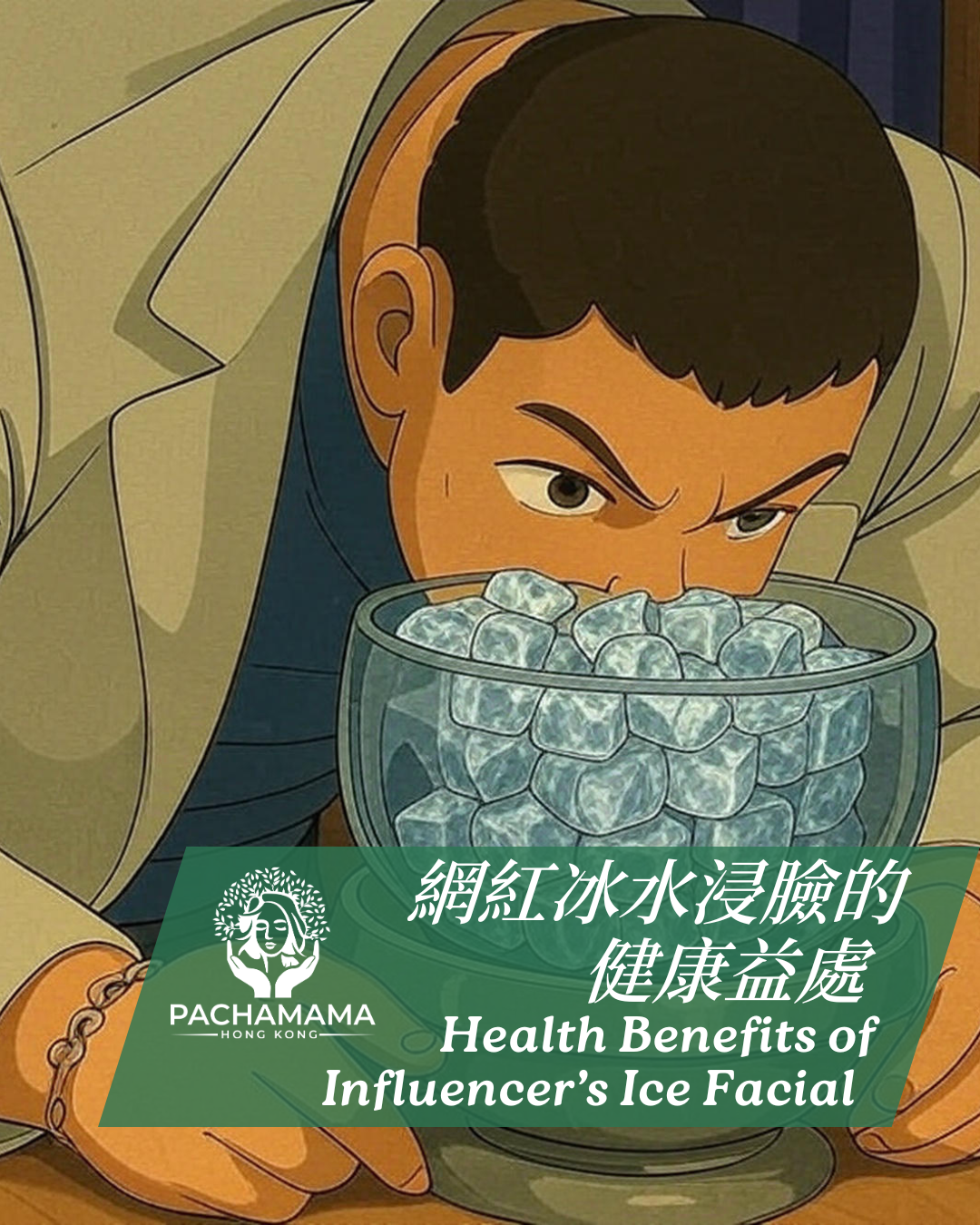"ice facial," has become a popular trend on the internet because of some influencers. It has potential to rejuvenate the skin and improve overall facial health. While this simple practice offers several benefits, it’s essential to understand the risks and how to use it safely.
Health Benefits of Soaking Your Face in Ice Water
- Reduces Puffiness and Swelling
Ice water helps constrict blood vessels, which reduces puffiness, especially around the eyes. It’s particularly effective for morning puffiness or after a sleepless night. - Tightens Skin and Shrinks Pores
The cold temperature temporarily tightens the skin by shrinking pores, giving your face a smoother and firmer appearance. This can also help reduce the appearance of large pores. - Improves Circulation
The shock of cold water stimulates blood flow to the face, giving your skin a natural, healthy glow. Improved circulation can also promote faster healing of minor skin irritations. - Soothes Redness and Irritation
Ice water can calm irritated skin and reduce redness, making it beneficial for people with mild rosacea or sunburn. It’s also a quick way to soothe inflammation caused by acne. - Controls Oil Production
Cold water can help regulate sebum production, making it a great option for people with oily or acne-prone skin. - Boosts Mood and Energy
The sudden exposure to cold water stimulates the vagus nerve, which can help reduce stress and improve mood. It’s also a refreshing way to wake up and feel energized. - Prepares Skin for Makeup
Ice water acts as a natural primer by tightening pores and creating a smooth base for makeup application. It can also help makeup last longer.
Risks and Concerns of Ice Water Facials
- Skin Sensitivity
People with sensitive skin may experience irritation, redness, or even frostbite if exposed to extremely cold water for too long. - Worsening of Skin Conditions
Conditions like eczema or severe rosacea may worsen with prolonged exposure to cold water, as it can dry out the skin or trigger flare-ups. - Nerve Damage
Prolonged exposure to extreme cold can damage facial nerves, especially around sensitive areas like the eyes and cheeks. - Cold Shock Response
Sudden exposure to ice water can cause a shock response, leading to rapid breathing or discomfort. This is particularly risky for individuals with heart conditions or respiratory issues. - Dryness and Irritation
Frequent use of ice water can strip the skin of its natural oils, leading to dryness and irritation over time.
Tips for Safe Use of Ice Water on the Face
To enjoy the benefits of ice water facials while minimizing risks, follow these tips:
- Limit Exposure Time
Keep your face in ice water for no more than 10-15 seconds at a time. Repeat if necessary, but avoid prolonged exposure. - Use Clean Water
Ensure the water is clean to prevent introducing bacteria to your skin, which could lead to breakouts or infections. - Moisturize Afterward
Apply a gentle moisturizer after the ice water treatment to prevent dryness and maintain your skin’s natural hydration. - Avoid If You Have Certain Conditions
If you have sensitive skin, rosacea, eczema, or any other skin condition, consult a dermatologist before trying ice water therapy. - Test First
Start with cool water before progressing to ice water to see how your skin reacts. This is especially important for first-time users.
Soaking your face in ice water is a simple and effective way to improve skin health, reduce puffiness, and achieve a natural glow. However, it’s important to use this method cautiously to avoid risks like skin irritation, dryness, or nerve damage. By following safe practices and listening to your skin, you can enjoy the benefits of ice water facials as part of your skincare routine. For those with specific skin concerns, consulting a dermatologist is always a good idea.

